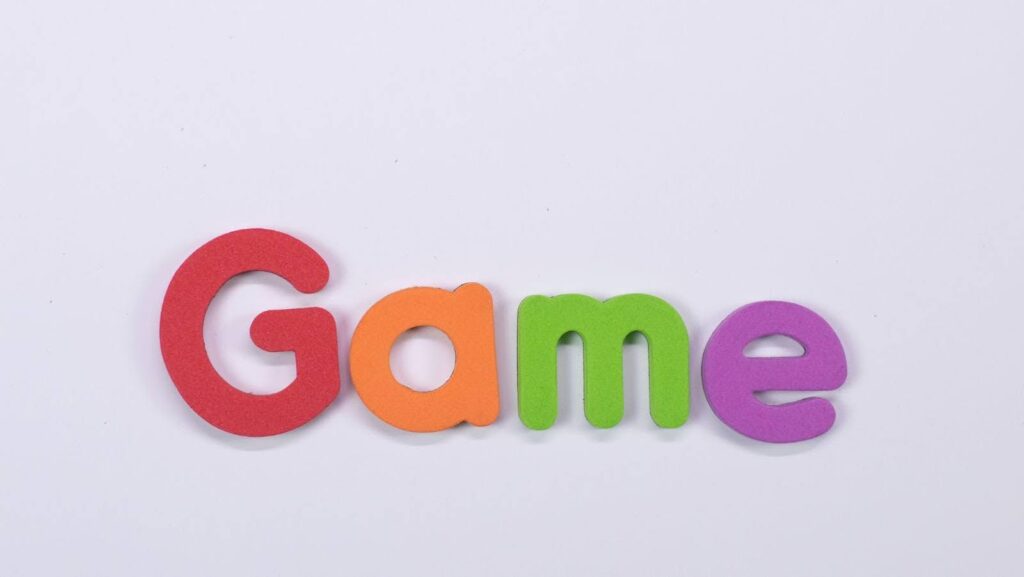When we mention simulations, you might think of something that mimics real-life experiences, like car driving simulations—fair enough. But did you know there are simulations designed for games too? Yes, and they’re quite popular these days. In this article, we’ll delve into what they are, why they’re used, and for those already familiar, how you can further enhance your experience to make it more effective. Let’s discover the potential of gaming simulations together.
What Are Simulations in Gaming?
Game simulations are like virtual worlds where players can experience different aspects of games. They’re not just about playing the game itself, but also about practicing skills or understanding how things work within the game. Here are some types of simulators and information on what they offer:
What Types of Simulations Are There?
Skill Simulations: Skill simulations in gaming offer focused training environments where players refine specific abilities crucial for excelling in their favorite games. For instance, in CS2, players use virtual shooting ranges to practice aiming with different firearms, enhancing accuracy and preparing for competitive scenarios where precision is essential.
Understanding Simulations: These simulations aren’t about getting better at playing, but about experiencing and learning how certain parts of games work. For example, CS2 (CS:GO) free case simulators let you see how it feels to open cases and get items like skins. It’s about understanding the process of CS2 case opening and the excitement of getting these items, even though it doesn’t improve your skills for playing the game.
Therapeutic Simulations: These simulations are designed to help people who struggle with gambling addiction. Instead of participating in gambling games, individuals can engage in simulated activities that mimic the experience without involving any real money. For example, there are virtual spinning games where players can spin reels or play slots without the risk of losing money. This provides a safe environment for individuals to enjoy similar activities without the negative consequences associated with gambling addiction.
Evaluating the Fairness of Simulators
We discussed the advantages of simulations, but these often seem ideal in theory. In real life, though, how trustworthy are gaming simulations? Is it worthwhile to invest time in them? The answer depends because many simulators strive to replicate processes as accurately as possible to attract users and maintain demand for their products.

However, it’s important to note that issues such as lag, server performance, or the behavior of computer-controlled opponents may differ from what occurs in real gameplay. External factors like varying hardware configurations or internet speeds can also impact performance in ways that simulators may not accurately replicate. Additionally, there’s a risk that simulators could unintentionally favor certain outcomes or limit players’ abilities in ways that don’t reflect fair competition. Differences in how computer opponents behave or the game’s physics could affect how well skills learned in a simulator translate to actual matches against human opponents. On the other hand, trusting them typically costs nothing since most simulations are free to use.
How Gamers Benefit from Using Simulations
If simulators are popular among gamers, there must be a good reason, right? Absolutely! Gaming simulators offer numerous benefits, including:
Improving Skills
Skill simulations provide multiple advantages beyond skill enhancement. They enhance muscle memory, improve reaction times, and elevate overall proficiency, ensuring optimal performance during intense gaming sessions. Moreover, these simulations integrate advanced analytics and feedback systems that provide detailed insights into performance metrics like accuracy, speed, and consistency. Analyzing this data helps players pinpoint areas for improvement and track progress over time, supporting continuous growth and development.
Building Team Coordination
Multiplayer simulators enable players to develop and refine essential teamwork skills such as coordination and communication. Simulators simulate team dynamics. Players learn to effectively communicate objectives, coordinate actions with teammates, and adapt strategies based on feedback and interactions.
Discovering New Game Genres
You can also use simulations as a safe environment to explore different game genres and styles. From strategy games to flight simulations and virtual reality experiences, simulations allow you to experiment with different gameplay mechanics and dynamics without committing to purchasing or downloading full games.
How to Use Simulations Most Effectively
Simulators are great, but you can take several steps to make your experience even more effective:
- Train with Purpose
Think of simulations as your training ground for gaming. They’re not just for practice; they’re tools to keep improving and stay sharp in competitive gaming. Treat each session in a simulator like a new adventure where you’re always learning and adjusting. Keep seeking new challenges within simulations. Remember, the goal isn’t just to get good but to keep improving.
- Learn and Apply
Take the lessons you learn from simulators—like understanding how different strategies work—and apply them directly to your real-game experiences.

For example, practicing driving techniques in a simulator can make you a pro at handling tough maneuvers in racing games.
- Use Different Simulators
Don’t stick to just one simulator. Try out different ones to face diverse challenges and game scenarios. Each simulator offers unique experiences that can expand your gaming skills. Also, if you stick to just one, you might get used to its quirks and mechanics, but lose the connection to how those skills translate into real games. Diversifying your simulator experience helps you adapt more broadly and apply your skills effectively across different gaming environments.
Conclusion
In conclusion, this article has focused on gaming simulations and their applications. We’ve explored what they are, their benefits for gamers, and how best to utilize them. If you have a favorite game (which you likely do), why not try out its simulators? Apply the knowledge gained from this article and maximize your gaming enjoyment. Best of luck!


More Stories
Path of Exile 2 Is Coming: Why It Might Be the Most Technically Ambitious ARPG Yet (and How to Prepare)
Complete Guide to Online Casino Verification Processes
The Ideal AI Video Generator for Gaming: Create Engaging Content Fast